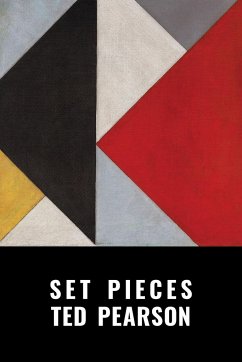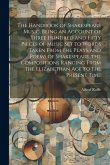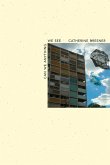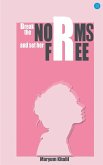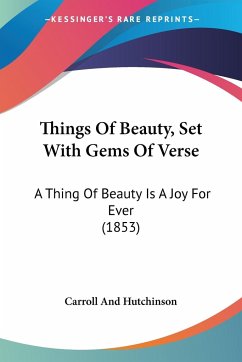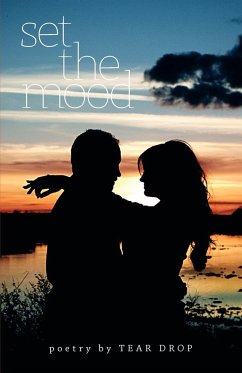Pearson's scalpel-like critique of the voyage, each word a careful enunciation of where the line has been, there remains the constant question of where it will go and what it will become. For just as Emily Dickinson once asked, "Is my verse alive?" so Pearson, with every word, challenges us to face down (if quietly and with grace) the dormant future. And it isn't metaphor. Pearson is all-too-aware of the tenuous state of our condition, our art.
Bitte wählen Sie Ihr Anliegen aus.
Rechnungen
Retourenschein anfordern
Bestellstatus
Storno

